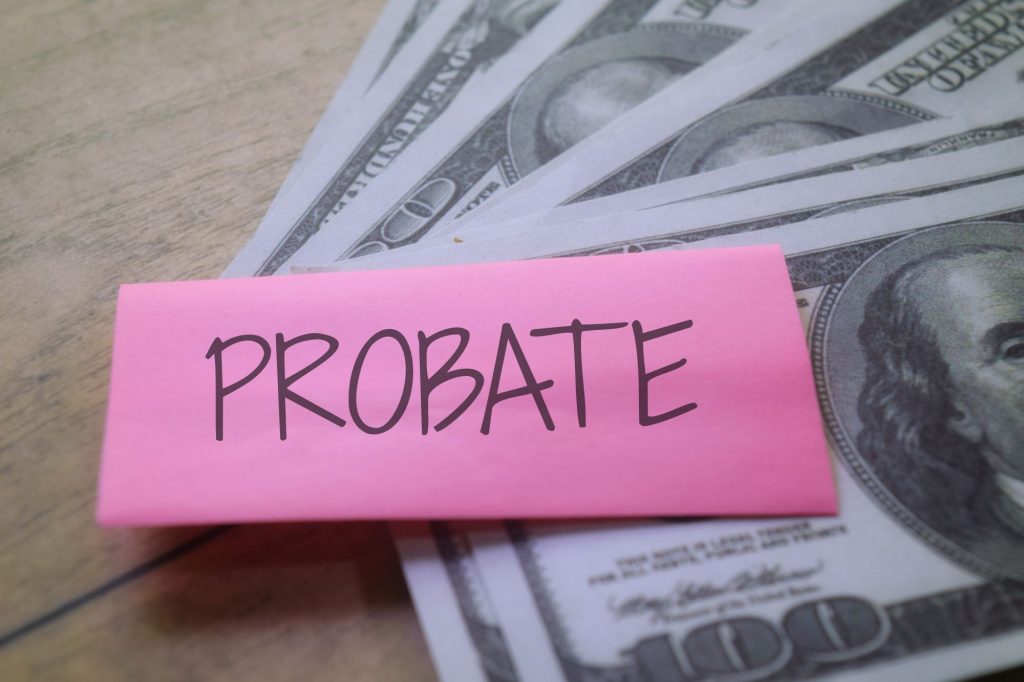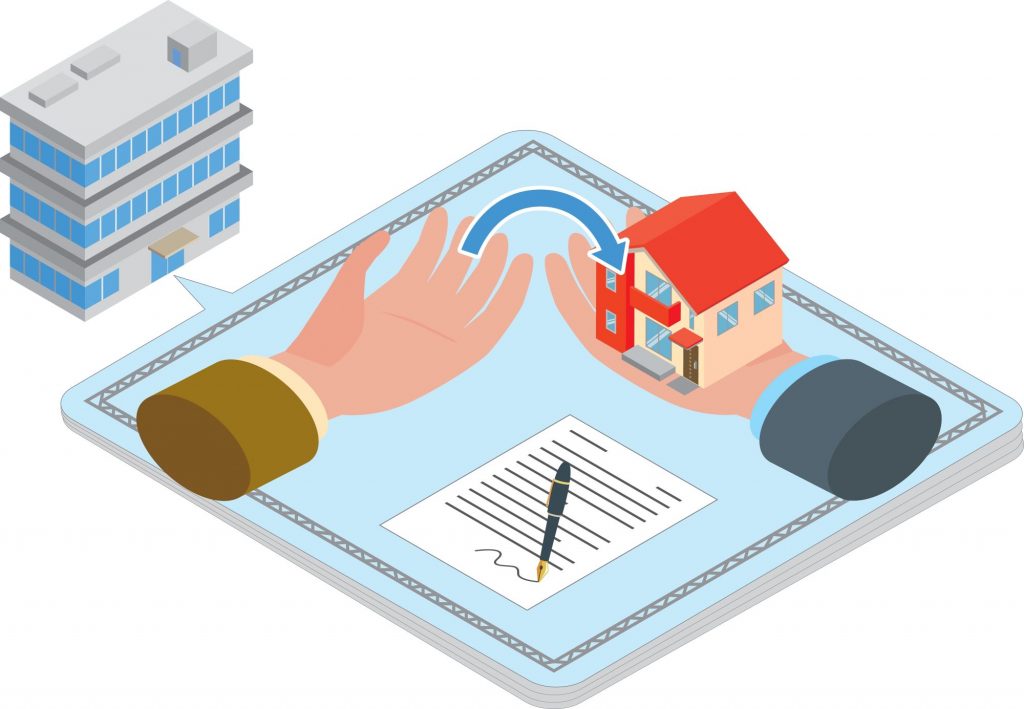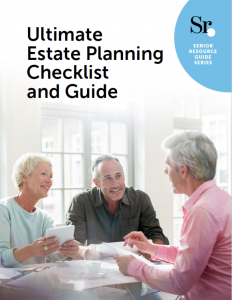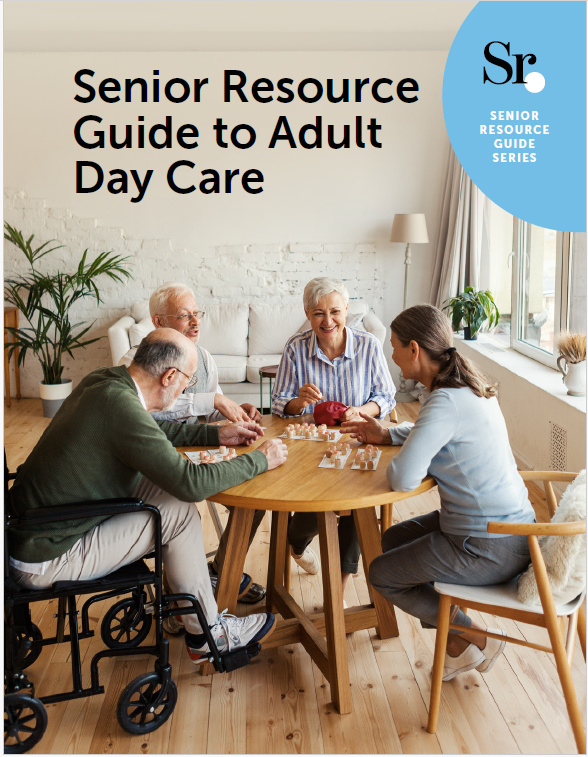Avoid Probate with These 8 Little-Known Estate Planning Hacks

When someone passes away, they leave behind a complex legal process called probate. This process involves a court overseeing the distribution of their assets and making sure that debts and taxes are paid off. Unfortunately, most estates are required to go through probate court proceedings – and let me tell you, it can be quite expensive. There are court fees, attorney fees, filing fees, and accounting fees – all adding up to a hefty sum that can easily reach thousands of dollars.
But it’s not just about the money. Probate is also incredibly time-consuming. It can drag on for months, leaving grieving loved ones stuck in a tough spot, trying to navigate through complicated legal procedures while still mourning their loss. It’s no wonder that so many people want to find ways to avoid probate as much as possible.
That’s why, when creating your estate plan, it’s essential to explore options to bypass probate. By implementing effective strategies, you can ensure a smoother transfer of assets and provide your loved ones with some much-needed peace of mind.
Here are 8 clever ways for seniors and retirees to avoid probate:
1. Revocable Living Trust

A revocable living trust is a specific type of trust that offers flexibility and control. As the creator of the trust, you have the power to modify or revoke it during your lifetime. This means you can make changes to the trust’s terms, add or remove assets, and even change beneficiaries if needed.
By placing your assets in a revocable living trust, you effectively remove them from your individual ownership and transfer them to the trust’s ownership. Upon your passing, the assets held within the trust will be distributed to the beneficiaries you have designated. Since these assets are already owned by the trust, they don’t need to go through probate.
2. Beneficiary Designations for Retirement Accounts

When you open a 401(k) retirement account, an individual retirement account (IRA), or purchase a life insurance policy, you have the opportunity to designate beneficiaries (whoever will receive the benefits of the account or policy upon your passing). The beauty of designating beneficiaries is that it simplifies the asset transfer process. Any accounts with designated beneficiaries allow for transfer directly to the named beneficiaries. In simpler terms – retirement accounts with beneficiaries bypass probate completely.
3. Joint Tenant With Right of Survivorship

In a joint tenancy with the right of survivorship, multiple individuals come together to own a financial account or asset jointly. Under this ownership structure, each person holds an equal right to the assets within the account. So, when one of the co-owners passes away, the surviving partner automatically becomes the sole owner of the asset, without the need for probate. Joint tenant with the right of survivorship can be applicable to various types of financial accounts and assets including bank accounts, investments, or real estate properties. The specific terms of the arrangement should be clearly outlined and agreed upon by all parties involved to ensure a smooth transition of ownership in the future.
It’s also important to note that the deceased owner’s heirs cannot inherit their property once this type of agreement is established.
4. Tenancy by the Entirety

Tenancy by the entirety is when a married couple legally owns a property as a single unit rather than as two separate individuals. This means that both spouses have equal shares and are in agreement on all decisions regarding the asset. If one spouse passes away, the ownership of the property automatically transfers to the surviving spouse. This transfer occurs without the need for probate or any other legal proceedings. This form of ownership also offers some protection against individual creditors, as the property is considered a joint marital asset and is not subject to claims from the creditors of one spouse. However, it’s important to note that it does not shield the property from all claims. If both husband and wife are responsible for a debt, creditors can still make a claim against the property.
Tenancy by the entirety is not available in all states and may be restricted to real estate only. Here’s a list of states that recognize this type of agreement.
5. Lifetime Gifts

Gifting enables you to transfer assets to your beneficiaries during your lifetime. The concept is straightforward: you can gift property, money, or other valuable possessions to your loved ones.
However, it’s important to be aware that gifting may come with tax implications. The size of the gift can determine whether or not you will face tax consequences. Rules and regulations regarding gift taxes can vary from one state to another.
Consult with a financial advisor or tax professional to understand the applicable gift tax laws where you live. They can guide you through the process and help you make informed decisions regarding your gifts.
6. Payable on Death Accounts

A payable on death (POD) account is a type of bank account that provides a straightforward and efficient way to designate a beneficiary who will receive the funds in the account upon your death, bypassing probate.
The process of setting up a POD account is relatively simple. As the account owner, you can inform your financial institution about your beneficiary designation. Typically, this involves completing a form provided by the bank, where you’ll provide the necessary details of your chosen beneficiary.
POD accounts are typically available for savings accounts, certificates of deposit (CDs), and even brokerage accounts. However, the specific rules may vary depending on the policies of your bank and in which state you live.
7. Transfer on Death Deed

A transfer on death deed allows you to specify a named beneficiary who will automatically become the owner of your property upon your death. The property remains under your control and ownership during your lifetime and the beneficiary only gains ownership rights after you pass. A transfer on death deed is revocable, which means it can be amended or revoked at any time during your lifetime.
The process of executing a transfer on death deed varies depending on your state’s laws and requirements. Generally, it involves drafting a deed that includes specific language indicating the transfer-on-death provision. The deed must be signed and notarized according to your state’s regulations and recorded with the appropriate government office responsible for real estate transactions.
It’s worth noting that while this can be an effective method of transferring real estate outside of probate, it may not be suitable for everyone. Consult with an attorney who specializes in estate planning to ensure the deed aligns with your overall estate planning goals and complies with your state’s laws.
8. Small Estate Affidavit

A small estate affidavit can be an option in some states to avoid probate proceedings for estates that fall below a certain value threshold (typically between $100,000 and $250,000). This legal document serves as a sworn statement, affirming that the total value of the deceased person’s assets is below the threshold set by your state.
Once the small estate affidavit is completed, the beneficiaries can proceed with collecting and distributing the assets of the estate. It’s important to note that while the small estate affidavit streamlines the process, it does not absolve the beneficiaries from fulfilling any outstanding obligations, such as paying off debts or taxes.
Need More Help with Estate Planning?

Click here to learn about estate planning.

Planning for the future is important at any age. But, for seniors, retirees, and family caregivers, a well-thought estate plan is essential. Why? An estate plan ensures your wishes are carried out after you pass away. Without one, your assets may not go to the people or causes you want them to. If you’ve been putting it off, now is the perfect time to get familiar with estate planning basics! Download the FREE e-book to learn about all the key parts of an estate plan, where to find more help, and a checklist to help you get better prepared for the process.
Visit Bob Carlson’s Retirement Watch for more retirement planning advice.
Popular Articles About Probate, and Estate Planning
Originally published February 09, 2024








